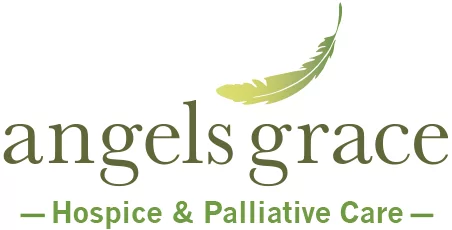Chronic Obstructive Pulmonary Disease, commonly known as COPD, is a group of progressive lung diseases. Common forms of COPD are emphysema and/or bronchitis.
With emphysema, the small air sacs in the lungs that carry oxygen get destroyed, which causes shortness of breath. Bronchitis, on the other hand, causes inflammation and narrowing of the bronchial tubes which makes the individual more prone to infection and mucus buildup, making it difficult to breathe. It is very common for people who have a history of smoking or who are currently smoking to develop some form of COPD.
The disease itself can be classified itself as mild, moderate, severe, and very severe. As the disease progresses, the individual is more prone to respiratory infections including the common cold, flu, and pneumonia, cardiac complications, high blood pressure in the lung arteries (pulmonary hypertension), higher risk for lung cancer, depression and/or anxiety.
As the disease of COPD progresses, eventually the complications become very difficult for an individual to manage and hospice discussion may be appropriate. What signs and symptoms would make someone eligible for hospice with a diagnosis of COPD?
Major characteristics include: Dyspnea (shortness of breath) even while at rest or minimal exertion, symptoms no longer responsive to bronchodilator therapy, increased hospitalizations for recurrent symptoms that are poorly responsive to treatment, increased frequency of episode of pneumonia or other lung infections, unintentional weight loss greater than or equal to 10% of total body weight over 6 month time frame, and increased need in assistance in activities of daily living (ADLs). Also, other qualifiers include continuous need for oxygen supplementation, resting tachycardia (elevated heart rate), steroid dependency, cyanosis, and abnormal pulmonary function testing and/or laboratory data.
Not being able to catch your breath can be very anxiety producing for the individual experiencing these symptoms, but also difficult for loved ones to witness. Once someone has determined that the next step would include hospice, there are many options to help manage the symptoms of COPD that are unique for each individual.
. . . .
Through Angels Grace Hospice, we can help manage the symptoms of COPD together.
At Angels Grace Hospice, in Bolingbrook, IL, we provide customized care plans specific to each of patients and their families. We provide end-of-life care at home, hospitals, skilled nursing homes or assisted-living facilities depending on individual circumstances. Contact us with any questions and for further assistance with your end of life care options.


